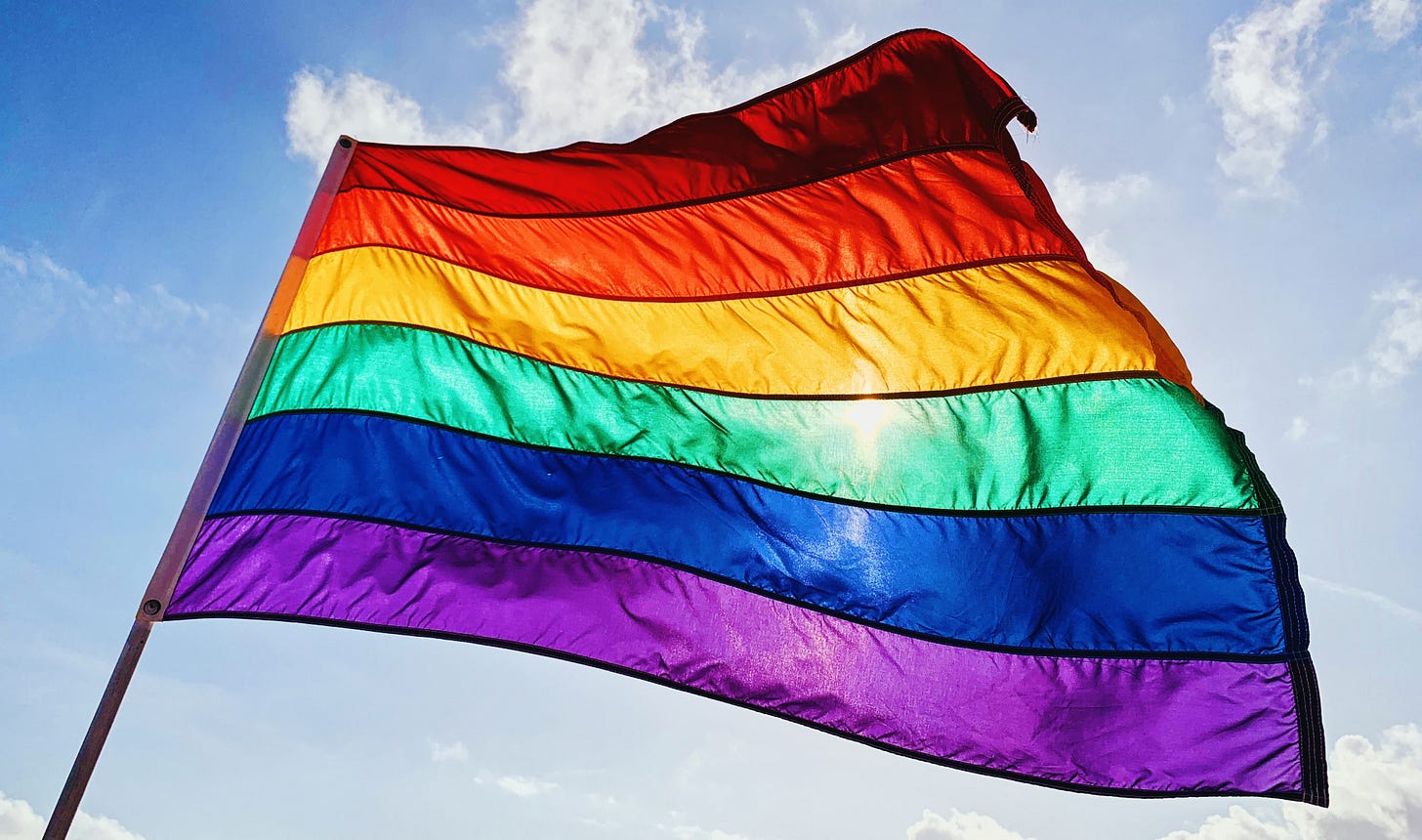Instagram blocked teens from searching LGBTQ-related content for months
Posts with LGBTQ+ hashtags were hidden under Meta's “sensitive content” policy which restricts "sexually suggestive content"
For months, Meta has been restricting content with LGBTQ-related hashtags from search and discovery under its “sensitive content” policy aimed at restricting "sexually suggestive content.”
Posts with LGBTQ+ hashtags including #lesbian, #bisexual, #gay, #trans, #queer, #nonbinary, #pansexial, #transwomen, #Tgirl, #Tboy, #Tgirlsarebeau…


